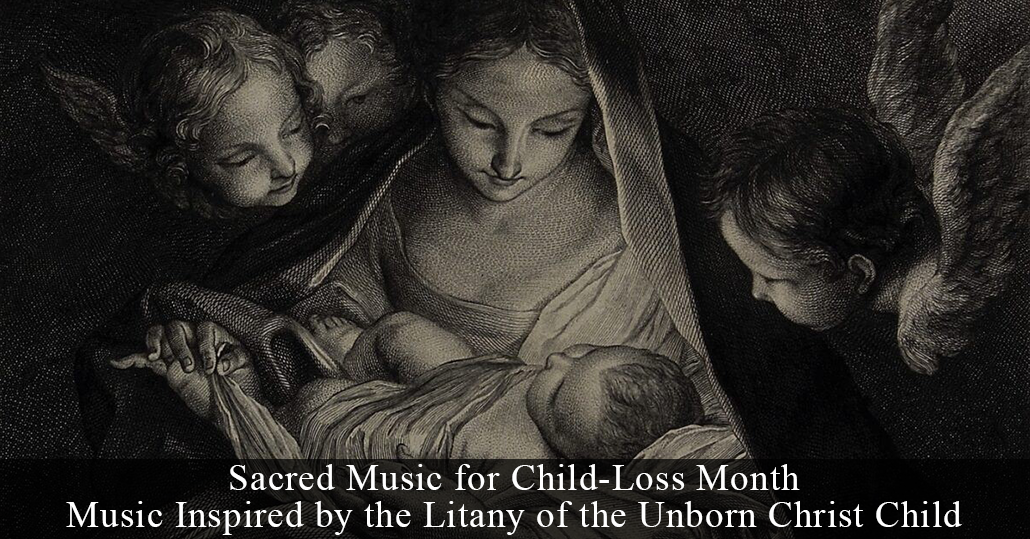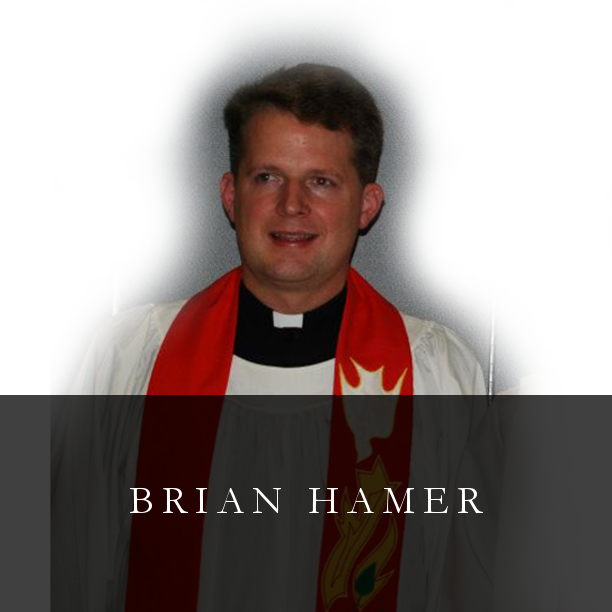And yet, Byrd did not completely escape harassment by the authorities, who monitored his activities and included his name on what we would call a “person of interest” list, that is, one who was suspected of undermining the official state religion. Indeed, if there were a musical “double agent” in sixteenth-century England, it was William Byrd. On the one hand, as a member of the Chapel Royal, he did what was asked of him, such as writing a “Protestant” motet to celebrate the defeat of the Spanish Armada in 1588. On the other hand, he wrote music for clandestine Roman Catholic worship, such as his various settings of the Mass, believed to have been sung in homes under the cover of darkness.
Stephen Black describes this unique cultural context of Byrd’s setting of selected verses from Psalm 137:
| | There are hidden messages throughout Byrd’s Latin liturgical music, and themes that appear upon examination of these messages include references to Jerusalem (code for ‘Papal authority in England’), captives in exile, persecution, and justice for the oppressor. – Program notes from “Hidden Messages: The Music of William Byrd,” 20 March 2010, p. 9 |
| | The 137th Psalm is a psalm of prayer in the person of captives in Babylon. It is a prayer for Jerusalem, that is, for God’s Word and spiritual rule that lay completely destroyed; for thus it was assumed (with good reason) especially by those who fear God, as this psalm shows. – Reading the Psalms with Luther, p. 327 |
For de Monte and Byrd, more important than this musical request, however, was the use of the word “Babylon” as a metaphor for the Roman Catholic rule in Europe. After the English Reformation, the religion of the ruler was usually considered to be the religion of the realm. As the successors to Henry VIII were inevitably staunch Roman Catholics or faithful Protestants, church musicians in England (and elsewhere) were in a bit of a bind: How could Catholic composers such as William Byrd sing the Lord’s song under Protestant Elizabeth?
Psalm 137 provided the answer for de Monte and Byrd. De Monte, a Flemish composer of great renown, had come to England in 1554 as a member of Philip’s Chapel. In 1583 he sent Byrd a double-choir motet setting of the first few verses of Psalm 137, but with an interesting twist. If you compare de Monte’s text with Psalm 137 in your Bible, you will see that he rearranged the text to end with the words, “We hanged up our harps upon the willows in the midst thereof,” that is, in Babylon. In application, de Monte was lamenting not being able to sing the full slate of Roman Catholic texts in Protestant England. De Monte’s music conveys a sense of contemplation for those who sing in exile and who long to return to their own “Jerusalem.” The final cadence resolves to a climactic major chord, leaving the hearer with a sense of hope for the restoration of the songs of Zion.
when we remembered thee, O Zion.
For there they that carried us away captive required of us a song.
How shall we sing the Lord’s song in a strange land?
We hanged up our harps upon the willows in the midst thereof.
If I forget thee, O Jerusalem, let my right hand forget her cunning.
If I do not remember thee, let my tongue cleave to the roof of my mouth.
If I prefer not Jerusalem above my chief joy.
Remember, O Lord, the children of Edom in the day of Jerusalem.
What is one to make of this musical exchange of hidden messages, 400 years after Byrd’s death? Let us ask the question in the words of the common textual denominator between these two motets, “How shall we sing the Lord’s song in a strange land?” Sacred music has never been without its opponents, from English monarchs to German dictators to government officials who forbade all faith groups to sing during Covid. The abuse of music has left musicians through the years and across the miles with a sense of captivity and a longing for Jerusalem above.
But there is one fact with which the opponents of sacred music have not reckoned: the church’s song thrives under pressure. It may go underground from time to time, but it will not die. Martin Luther said of Psalm 137, “Israel and God’s Word shall remain forever and ever” (Reading the Psalms with Luther, p. 327). Thus the songs of Zion have been sung in captivity and in catacombs, in concentration camps and in jail cells. But the songs of Zion will never die, for they soar above all earthly song to join “With all Christ’s followers true, Who bore the cross and could the worst disdain / That tyrants dared to do” (The Lutheran Hymnal 619.6).
The hymn that I have just cited, “Jerusalem, Thou City Fair and High” by Johann M. Meyfart, is dated 1626, just three years after Byrd’s death. Even though the three men never met, Meyfart’s hymn seems fitting for the Byrd anniversary year and for the memory of Stephen M. Black:
Would God I were in thee!
My longing heart fain, fain, to thee would fly,
It will not stay with me.
Far over vale and mountain,
Far over field and plain,
It hastes to seek its Fountain
And leave this world of pain.
Unnumbered choirs before the shining throne
Their joyful anthems raise
Till heaven’s glad halls are echoing with the tone
Of that great hymn of praise
And all its host rejoices,
And all its blessed throng
Unite their myriad voices
In one eternal song. – The Lutheran Hymnal 619.1, 8



 RSS Feed
RSS Feed
